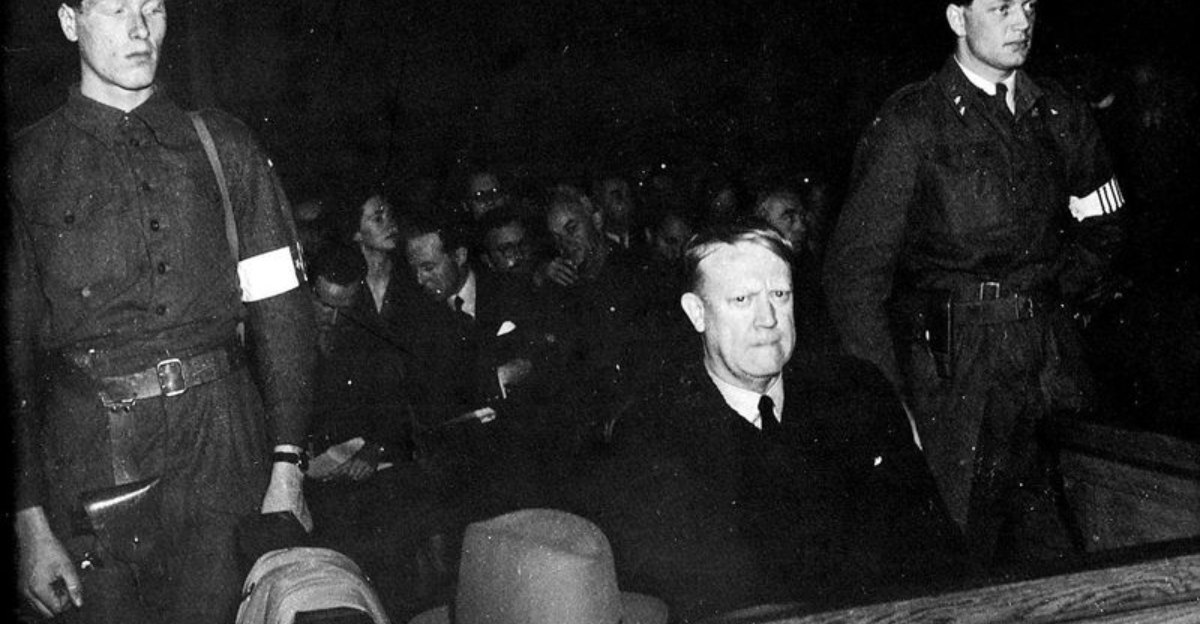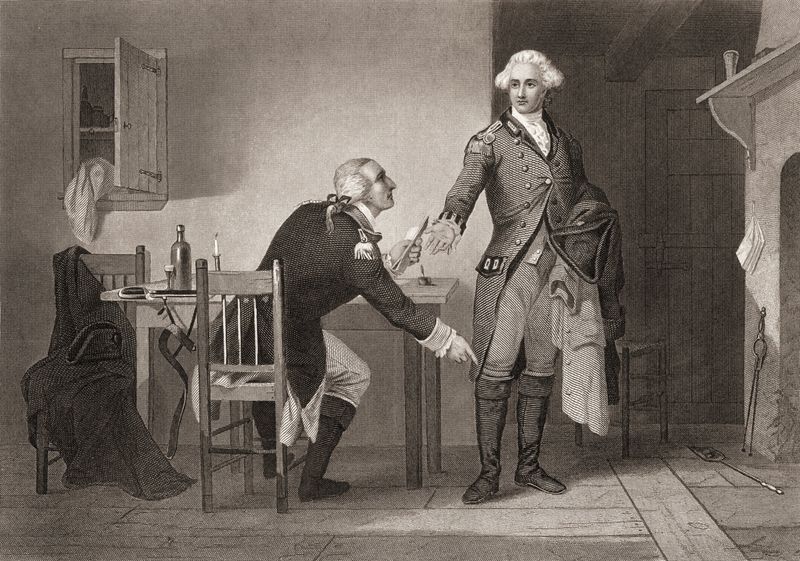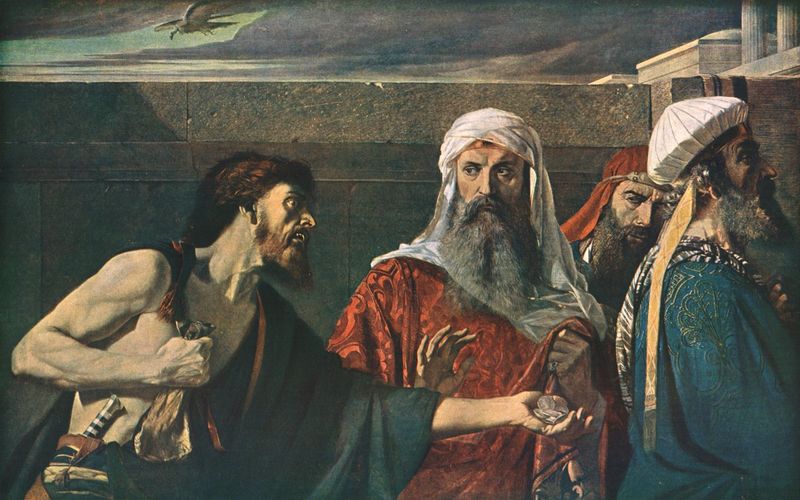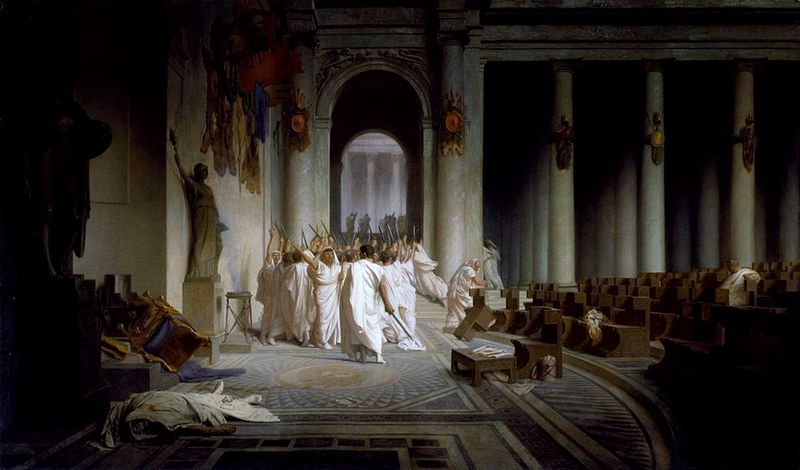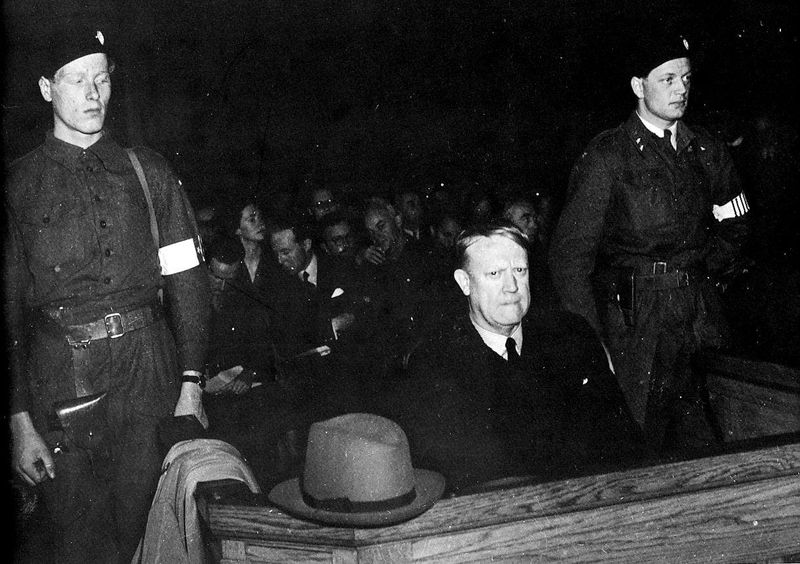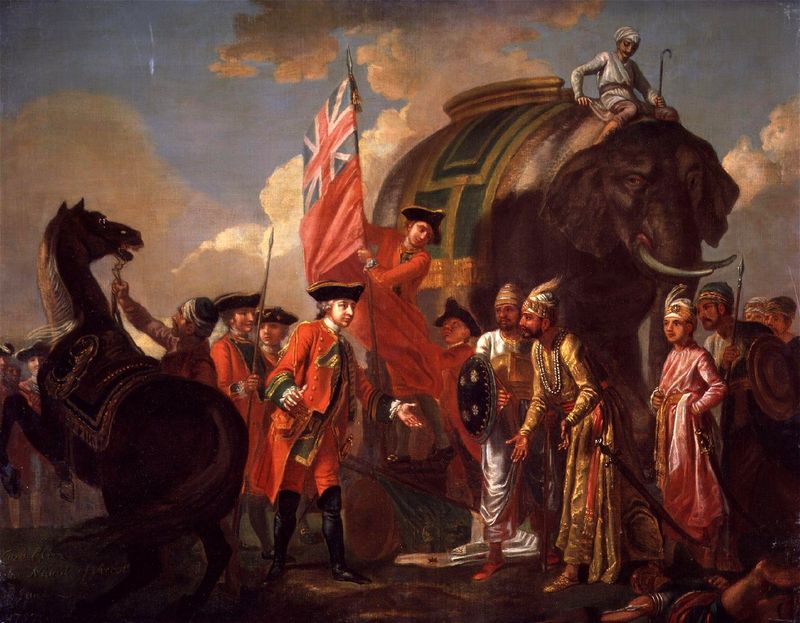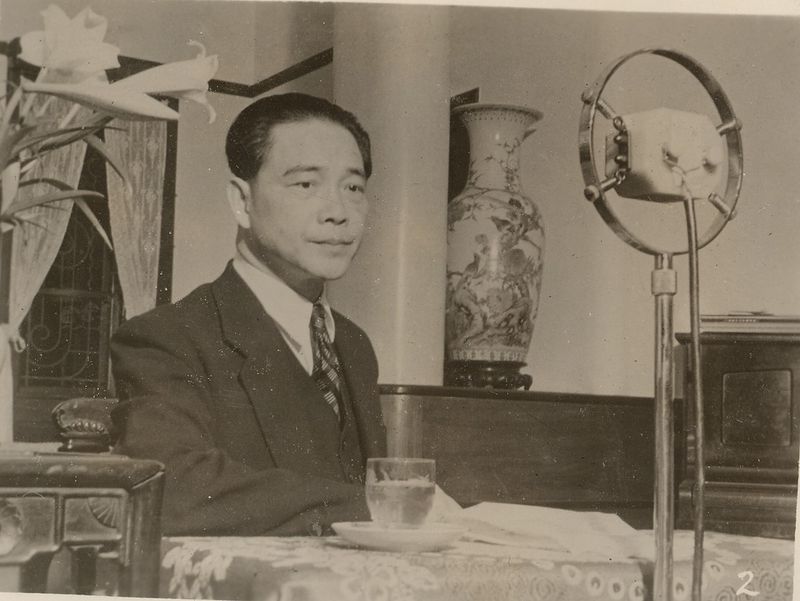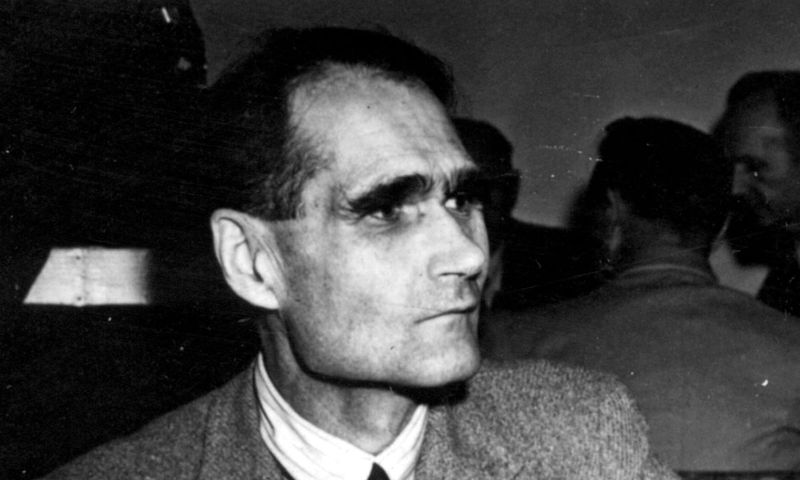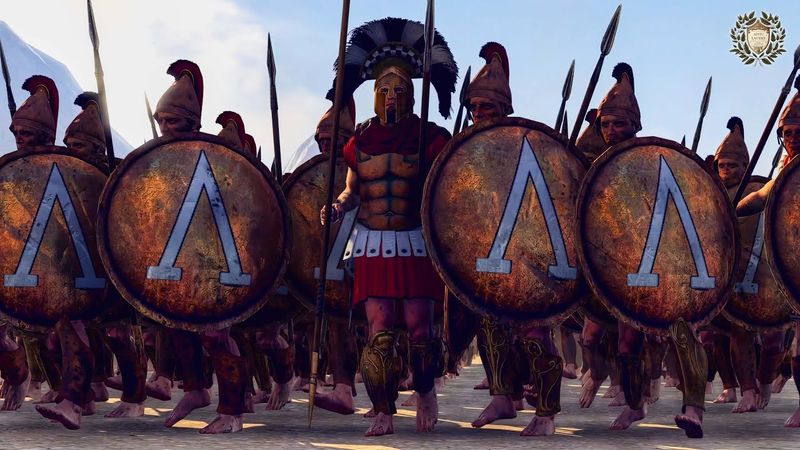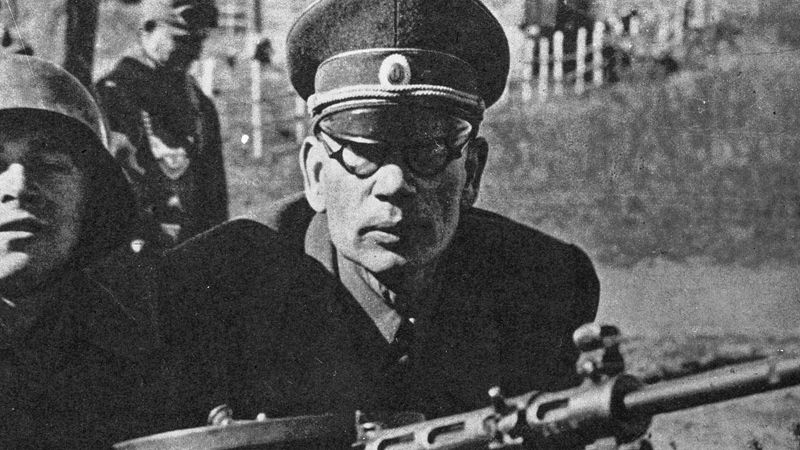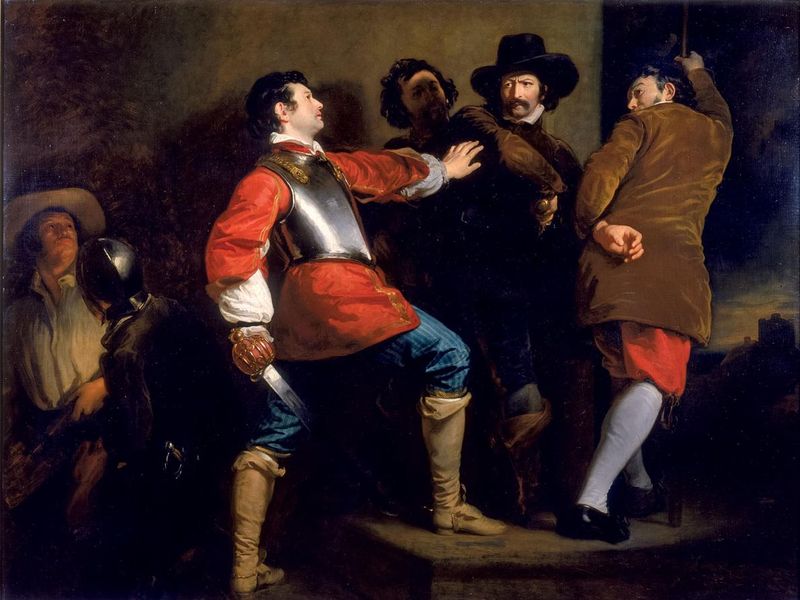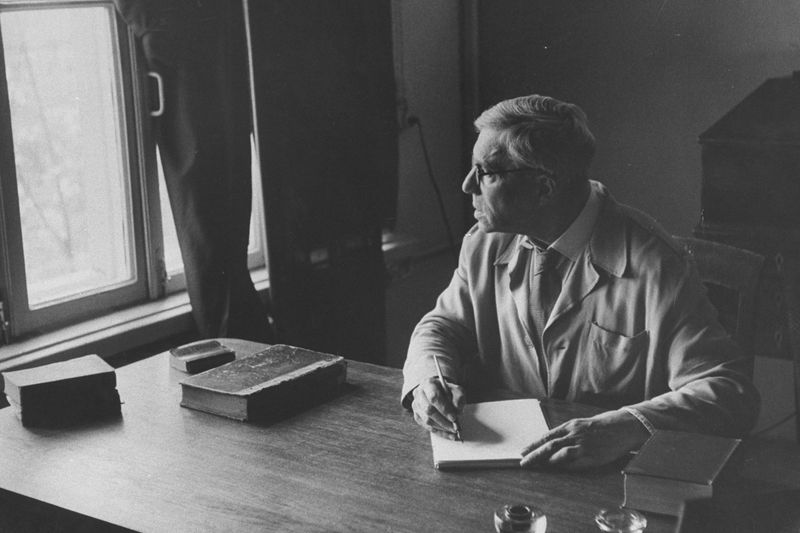Throughout history, betrayal has been a powerful and sometimes destructive act, leading to regret for those who committed it. This blog post explores 14 historical figures who, driven by ambition, power, or desperation, chose to betray others.
Their stories offer lessons about the heavy price of disloyalty, showcasing how these choices ultimately led to their downfall or deep remorse. From political intrigue to personal relationships, these figures teach us about the consequences of betrayal.
1. Benedict Arnold
Benedict Arnold is infamous for his betrayal during the American Revolutionary War. Feeling underappreciated and in debt, Arnold switched allegiance to the British.
Regret soon followed as he was never fully trusted by his new allies and faced disdain from his former compatriots. Arnold’s name became synonymous with treachery, and he spent his later years living in obscurity.
His story serves as a cautionary tale about the perils of letting personal grievances drive decisions that burn bridges and lead to lifelong regret.
2. Judas Iscariot
Judas Iscariot’s betrayal of Jesus Christ is one of history’s most well-known acts of treachery. Motivated by money, he delivered Jesus to the authorities for thirty pieces of silver.
Overcome with remorse, Judas attempted to return the silver and ultimately took his own life. His actions have left a lasting legacy as a symbol of betrayal’s ultimate regret.
The story of Judas highlights the devastating effects of greed and the profound remorse that can follow, serving as a moral lesson across cultures and generations.
3. Brutus
Marcus Junius Brutus, a friend of Julius Caesar, played a pivotal role in his assassination. Believing he acted for the republic’s good, Brutus was torn by his betrayal.
His subsequent defeat and death in the Battle of Philippi added layers to his regret. Brutus’s internal conflict and downfall illustrate the complexity of loyalty and political ambition.
His story has inspired countless works of art and literature, reminding us of the deep emotional and political consequences of betrayal among friends.
4. Vidkun Quisling
Vidkun Quisling’s name became synonymous with treason after he collaborated with Nazi Germany during World War II. As a Norwegian politician, his betrayal was driven by ideological alignment and ambition.
Quisling’s regime was short-lived, and he was executed for his actions post-war. His legacy is a grim reminder of the dangers of aligning with oppressive forces.
His story underscores the long-term reputational damage and personal regret that can stem from treachery, emphasizing the importance of ethical integrity in leadership.
5. Robert Hanssen
Robert Hanssen, an FBI agent, betrayed his country by spying for Soviet and Russian intelligence for two decades. Motivated by money and ego, Hanssen compromised national security.
Caught in 2001, he was sentenced to life in prison, expressing regret for his actions. His case remains one of the most damaging in U.S. intelligence history.
Hanssen’s story highlights the severe personal and professional costs of espionage, warning against the allure of financial gain at the expense of loyalty and honor.
6. Mir Jafar
Mir Jafar’s betrayal of Siraj-ud-Daulah during the Battle of Plassey in 1757 paved the way for British control over India. Driven by ambition to become Nawab of Bengal, his actions led to significant changes in Indian history.
However, his reign was marked by dependence on British support and personal regret for his betrayal. His name remains a symbol of treachery in India.
Jafar’s story serves as a reminder of the long-term consequences of choosing personal ambition over national loyalty and the burden of living with such decisions.
7. Alcibiades
Alcibiades, a charismatic Athenian leader, is known for his shifting allegiances during the Peloponnesian War. Ambitious and opportunistic, he betrayed Athens, Sparta, and Persia at different times.
His actions led to a turbulent career filled with both success and regret. In the end, he was assassinated, leaving a complicated legacy.
Alcibiades’s life reflects the dangers of opportunism and the potential regrets of constantly changing loyalties, highlighting the importance of steadfastness in both personal and political spheres.
8. Wang Jingwei
Wang Jingwei, a Chinese politician, collaborated with Imperial Japan during World War II, hoping to lead a puppet government. His betrayal of China was driven by complex political beliefs.
Ultimately, Wang’s actions were met with disdain, and he died in exile, reflecting his deep personal regret. His name remains controversial in Chinese history.
Jingwei’s story illustrates the perilous nature of collaboration with invaders, providing a stark lesson on the long-lasting impact of betrayal on national and personal legacy.
9. Rudolf Hess
Rudolf Hess, a prominent Nazi official, attempted a solo peace mission to Scotland during World War II, a move seen as betrayal by Hitler. Hess acted without approval, driven by a desire for peace.
Imprisoned for life by the Allies, Hess expressed regret over his misguided mission and the choices that led to his downfall.
His story serves as a complex study of loyalty, obedience, and the personal cost of political miscalculations, showing how intentions may lead to unforeseen consequences and lifelong regret.
10. Ephialtes of Trachis
Ephialtes of Trachis is infamous for betraying the Spartans at the Battle of Thermopylae by revealing a secret pass to the Persians. His motivations are debated, often attributed to greed.
His betrayal led to a Spartan defeat and his own ignominious legacy. Ephialtes’s name became synonymous with treachery.
This story is a poignant reminder of how personal gain can drive betrayal and the lasting stigma that can accompany such actions, influencing historical narratives for centuries.
11. Andrey Vlasov
Andrey Vlasov, a Soviet general, defected to Nazi Germany during World War II, forming the Russian Liberation Army. He hoped to free Russia from Stalin’s regime.
After Germany’s defeat, Vlasov was captured and executed, his legacy tarnished by betrayal. His story is one of complex motives and ultimate regret.
Vlasov’s actions reflect the difficult choices faced during war and the profound impact of perceived betrayal, offering lessons on the intricacies of loyalty and the harsh realities of wartime decisions.
12. Guy Fawkes
Guy Fawkes’s involvement in the Gunpowder Plot of 1605 aimed to overthrow the British government. His betrayal was driven by religious fervor and political dissent.
Captured before executing the plan, Fawkes expressed regret for his failed mission and faced execution. His name endures as a symbol of rebellion.
The story of Guy Fawkes highlights the fine line between activism and betrayal, showing how deeply held beliefs can lead to drastic actions with severe consequences.
13. Héctor Lavoe
Héctor Lavoe, the iconic salsa singer, faced personal betrayal when those close to him exploited his success. Lavoe’s trust was broken by friends and colleagues, leading to financial and emotional turmoil.
Despite his talent, Lavoe’s career was marred by regret and missed opportunities, compounded by addiction struggles.
His story serves as a reminder of the importance of choosing trustworthy allies and the impact betrayal can have on personal and professional life, offering lessons on resilience and the value of self-awareness.
14. Boris Pasternak
Boris Pasternak, famed for his novel “Doctor Zhivago,” faced a complex betrayal when the Soviet regime pressured him to refuse the Nobel Prize. Pasternak’s decision was driven by fear and political pressure.
His regret was profound, impacting his legacy and personal life. Pasternak’s story reflects the complex interplay of art, politics, and personal conviction.
This tale underscores the challenges artists face when caught between personal beliefs and political realities, offering insights into the costs of compromising artistic integrity.
